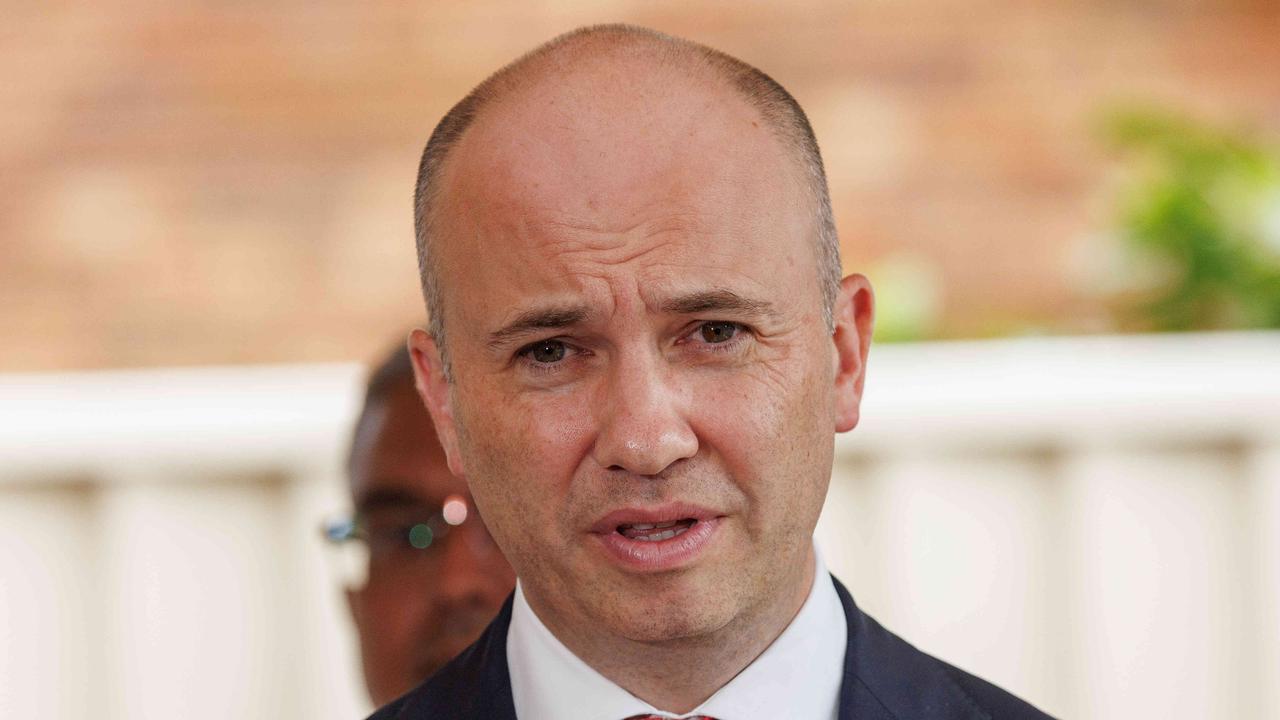Australia points finger at China as UNESCO lists Barrier Reef as ‘in danger’
Australia has blamed China for the United Nations announcing plans to list the Great Barrier Reef as gravely in danger.
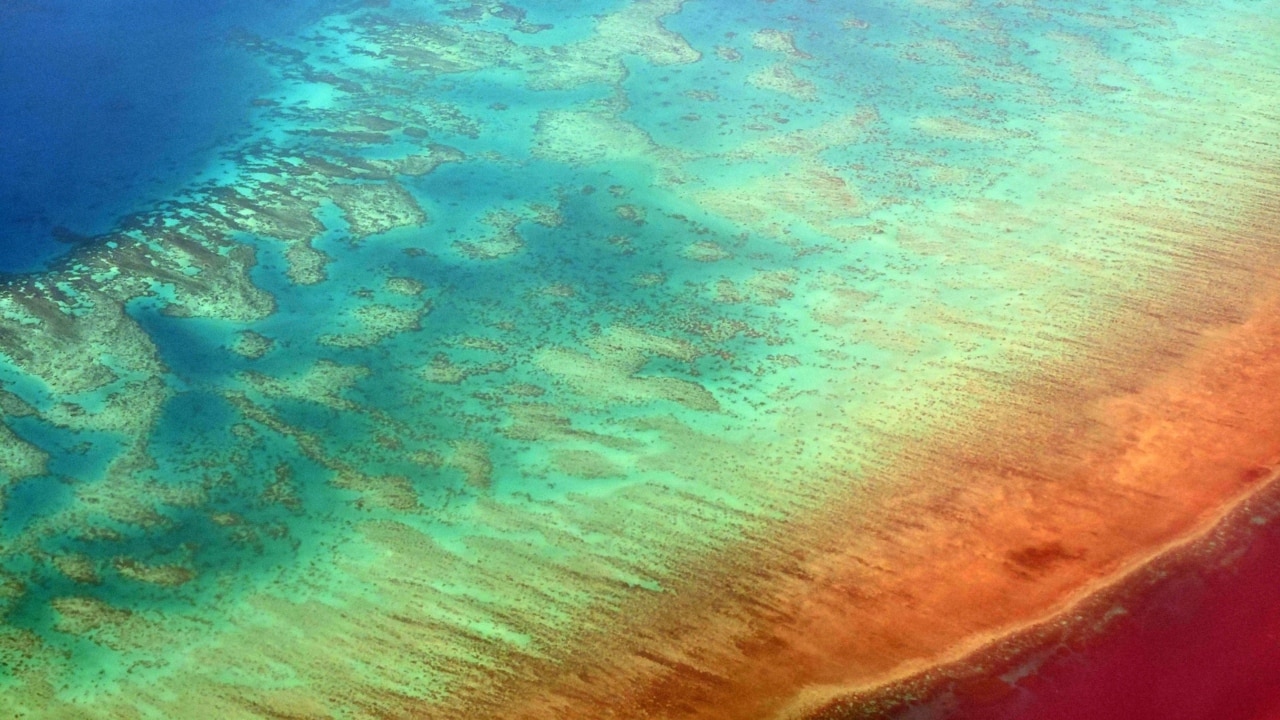
Australia has lashed out at a push from a China-chaired UN committee to list the Great Barrier Reef as in danger, with the federal government claiming “politics” were behind the move.
The United Nations Educational, Scientific and Cultural Organisation (UNESCO) has cited Australia’s “insufficient progress” on climate change as it recommended the reef, which spanned 2,300km, have its health downgraded to “in danger”.
Environment Minister Sussan Ley and Foreign Minister Marise Payne called the UNESCO Director-General on Monday evening to voice their “strong disappointment” and “bewilderment” at the move, which Ms Ley confirmed Australia would challenge.
The 21-nation World Heritage Committee, chaired by China, oversaw a decision which Ms Ley implied was influenced by foreign influences.
“Clearly there were politics behind it; clearly those politics have subverted a proper process and for the World Heritage Committee to not even foreshadow this listing is, I think, appalling,” she said.
RELATED: Fight to save Great Barrier Reef after third bleaching event
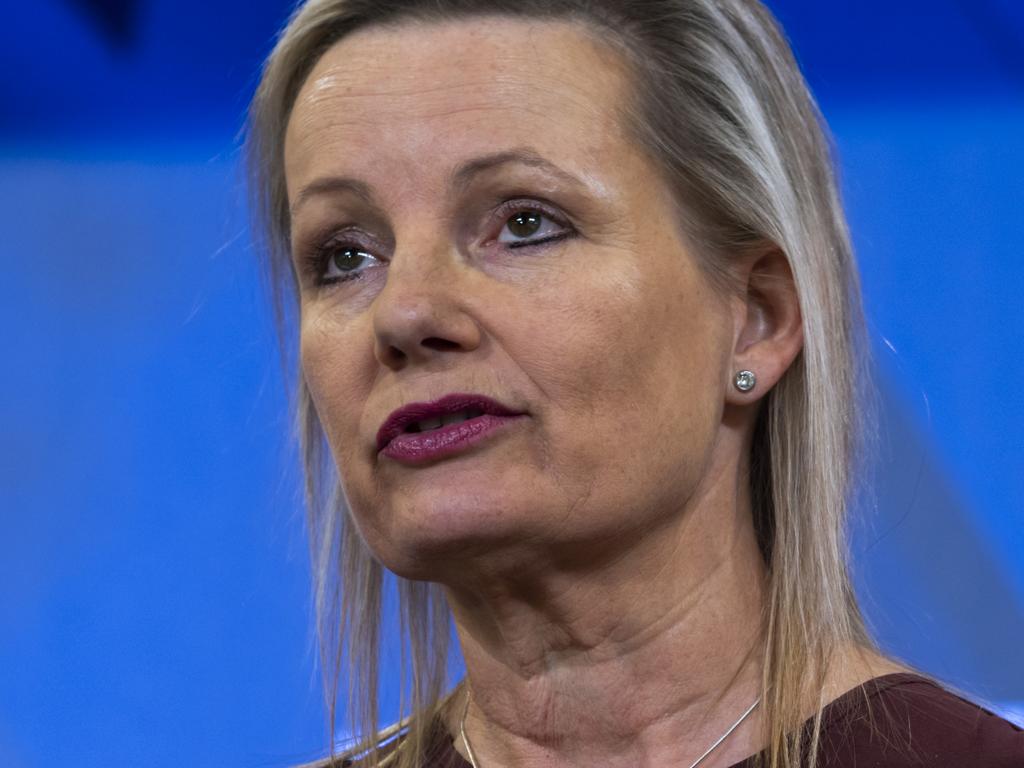
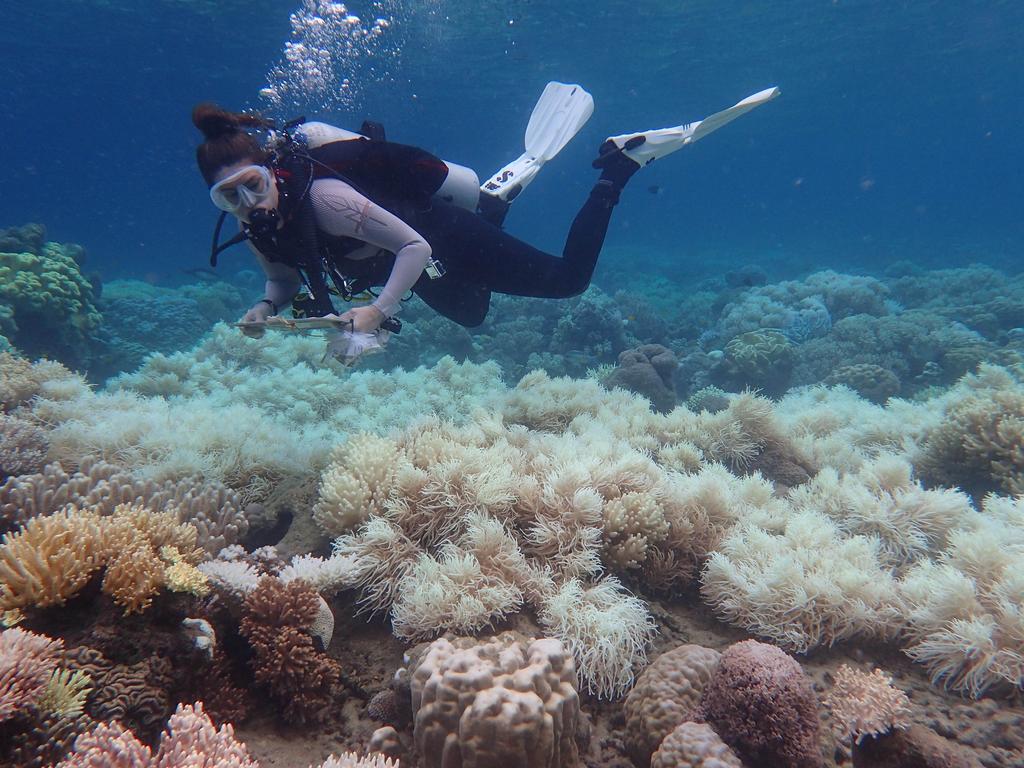
“When the assurances that my officials received and indeed, I did, have all been up-ended at the last minute, what else can you conclude but that it is politics?”
Ms Ley claimed UNESCO had recently commended the government’s work on the Great Barrier Reef, which included $3b in funding under the Reef 2050 Plan.
“Only a week ago we were reassured that this was not going to occur,” she said.
UNESCO found the deterioration of the reef, which had already seen its long-term outlook downgraded from poor to very poor, had accelerated over the past decade.
It said mass bleaching showed there had been “insufficient progress” in meeting targets set out in the Reef 2050 Plan.
“The Plan requires stronger and clearer commitments, in particular towards urgently countering the effects of climate change,” its report read.
Independent MP Zali Steggall, an advocate for stronger action on climate change, said the development should “not come as a surprise”.
“The Environment Minister stands before the Australian people today blindsided by this call and claims, in fact, the Morrison government is meeting and beating its commitments, and doing all it needs to do. That is not true,” she said on Tuesday.
“There is so much more ambition that we need to have to protect the great natural wonder that is the Great Barrier. UNESCO is recognising that, our leading scientists are recognising that.”
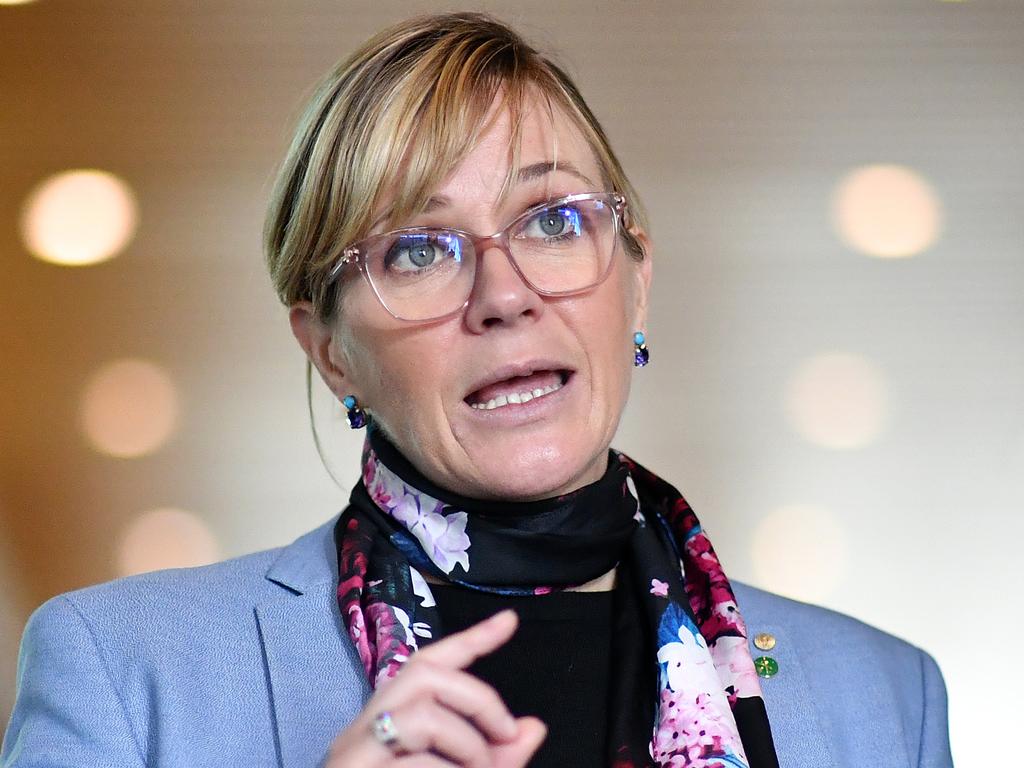
But Ms Ley rejected claims the decision was a result of Australia’s refusal to follow other developing nations in committing to a net zero emissions target by 2050.
Despite rumblings in the Nationals, she insisted the government aimed to reach the target in a way which would not alienate rural voters.
She accepted other countries had “strong views” on energy policy, but said the “correct place” to thrash out the debate was the UN Framework Convention on Climate Change.
“UNESCO could have said we would like to see you consider further actions … (but) they’ve done a desktop review, and they’ve up-ended their process,” she said.
Labor has argued the return of Barnaby Joyce, a staunch coal advocate, to the Nationals leadership would exacerbate Australia’s isolation on the world stage over climate change.
Mr Joyce has previously described investment in renewables as “insane” and “lemming-like” and was a supporter of nuclear energy.
“Net zero is not dead in the water. Net zero will happen as soon as possible and the Prime Minister‘s made that very clear,” Ms Ley said.



